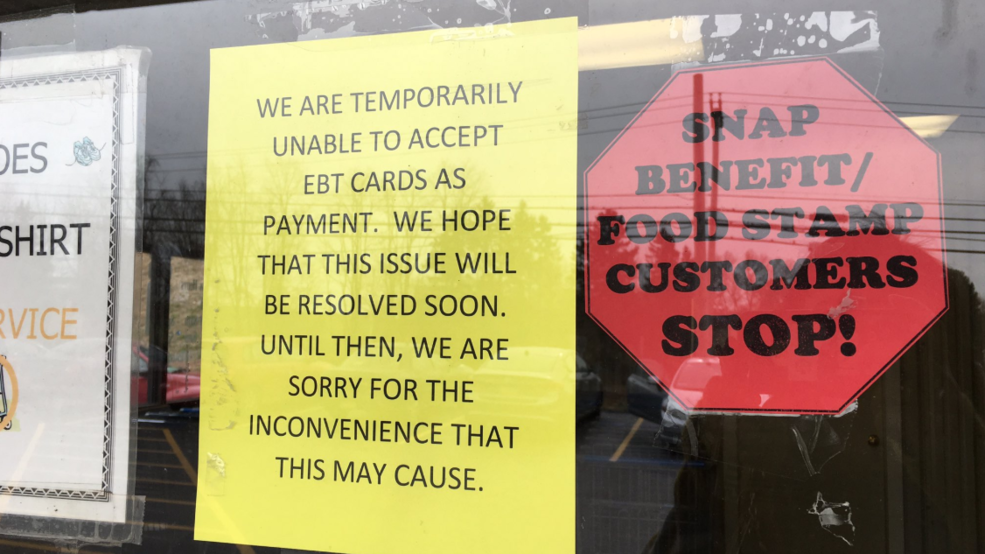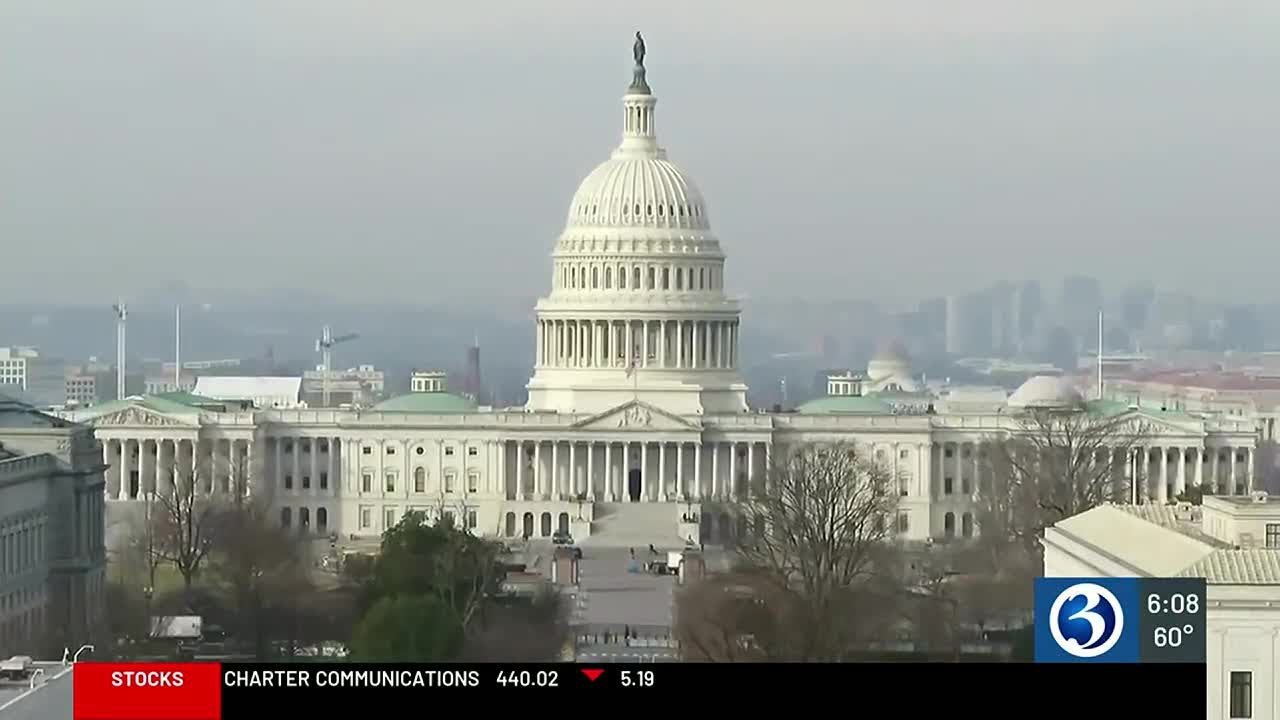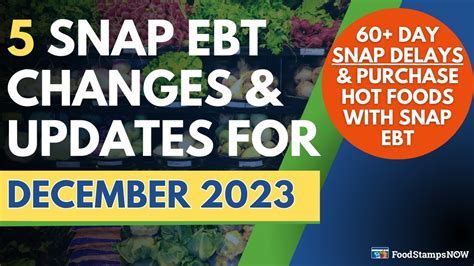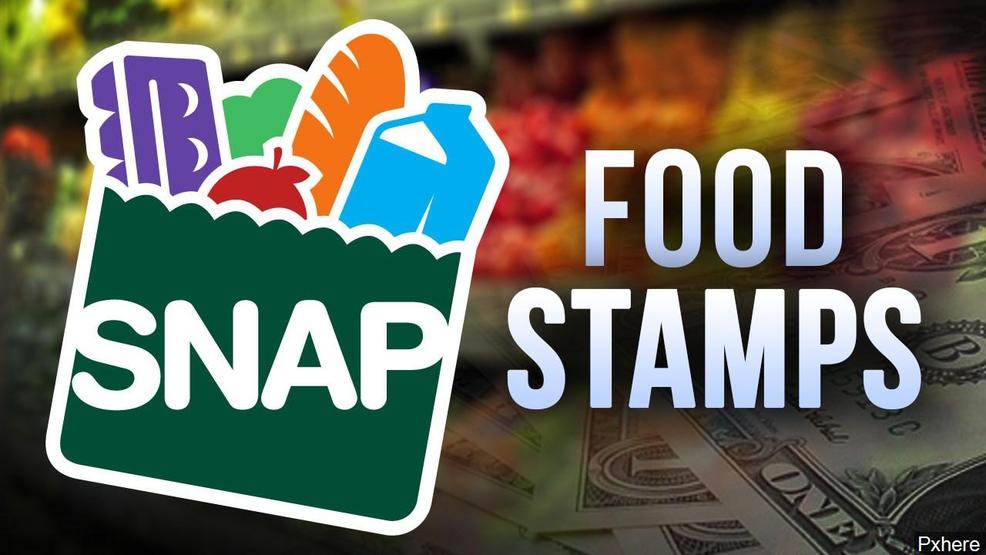5 Ways Shutdown Hits Food Stamps


Introduction to the Shutdown’s Impact on Food Stamps
The recent government shutdown has had far-reaching effects on various aspects of American life, including the nation’s food stamp program. Also known as the Supplemental Nutrition Assistance Program (SNAP), this initiative provides essential support to millions of low-income individuals and families, helping them access basic nutrition. As the shutdown continues, concerns about the program’s continuity and the well-being of its beneficiaries have grown. This article explores the ways in which the shutdown hits food stamps, affecting not only the recipients but also the broader community.
Understanding the SNAP Program
Before delving into the shutdown’s impact, it’s crucial to understand the basics of the SNAP program. SNAP is a federally funded program that is administered by the states. It provides eligible individuals and families with an electronic benefits transfer (EBT) card, which can be used to purchase food at authorized retail stores. The program’s funding and operational structure are designed to ensure that benefits are distributed smoothly and efficiently. However, the government shutdown poses significant challenges to this process.
Impact of the Shutdown on SNAP Funding
One of the primary concerns regarding the shutdown’s effect on food stamps is the potential disruption in funding. Since SNAP is a federally funded program, any cessation in federal government activities could theoretically impact the disbursement of benefits. Although the program has continued to operate during the initial phases of the shutdown, thanks to prior appropriations and emergency funding measures, the long-term outlook remains uncertain. If the shutdown persists, there could be a point where funding for SNAP benefits is depleted, leaving millions without access to this essential support.
5 Key Ways the Shutdown Affects Food Stamps
The impact of the government shutdown on the SNAP program can be broken down into several critical areas: - Disruption in Benefit Distribution: The most immediate concern is the potential delay or cessation of SNAP benefit distributions. While initial funds may cover the first month or two of the shutdown, prolonged interruptions could lead to recipients not receiving their benefits on time. - State-Level Administrative Challenges: States administer SNAP and are responsible for ensuring that benefits are delivered to eligible individuals. However, the shutdown could lead to administrative hurdles, including reduced staff and operational capacity, further complicating the benefit distribution process. - Economic Impact on Local Communities: SNAP benefits not only support low-income families but also inject money into local economies. A reduction or halt in these benefits could have a ripple effect, impacting local businesses, particularly grocery stores and supermarkets that rely on SNAP purchases. - Increased Food Insecurity: The shutdown exacerbates food insecurity among vulnerable populations, including children, the elderly, and those with disabilities. Without access to SNAP benefits, these individuals may face significant challenges in accessing nutritious food, leading to potential health issues. - Long-Term Consequences for Program Integrity: Beyond the immediate crisis, the shutdown could have long-term implications for the integrity and effectiveness of the SNAP program. Delays in funding and operational disruptions could lead to inefficiencies, potentially affecting the program’s ability to serve its beneficiaries adequately in the future.
Table: Impact of Shutdown on SNAP Recipients

| Category of Impact | Description of Impact |
|---|---|
| Benefit Distribution | Potential delays or cessation of benefits due to funding issues |
| State Administration | Challenges in administering the program due to reduced federal support |
| Local Economic Impact | Reduced economic activity in local communities due to decreased SNAP spending |
| Food Insecurity | Increased difficulty for vulnerable populations to access nutritious food |
| Program Integrity | Potential long-term effects on the program’s efficiency and effectiveness |
📝 Note: The shutdown's impact on SNAP is multifaceted, affecting not just the recipients but also the broader socio-economic landscape. Understanding these impacts is crucial for developing effective strategies to mitigate the effects and ensure the program's continuity.
In summary, the government shutdown has significant implications for the SNAP program and its beneficiaries. The potential disruption in funding, administrative challenges at the state level, economic impacts on local communities, increased food insecurity, and long-term consequences for program integrity all underscore the need for a swift resolution to the shutdown. As the situation evolves, it’s essential to prioritize the well-being of SNAP recipients and the stability of the program, ensuring that this critical support system remains intact for those who rely on it.

How does the government shutdown affect SNAP funding?
+The government shutdown could disrupt SNAP funding, potentially leading to delays or cessation of benefits. Although initial funds may cover the first months, prolonged shutdowns could deplete funding.

What are the potential long-term effects of the shutdown on SNAP?
+Beyond the immediate crisis, the shutdown could lead to inefficiencies in the SNAP program, affecting its ability to serve beneficiaries effectively. This could result in long-term consequences for program integrity and the well-being of recipients.

How can the impact of the shutdown on SNAP recipients be mitigated?
+Mitigating the impact requires a swift resolution to the shutdown, ensuring continuous funding and support for the SNAP program. Additionally, community efforts and support systems can help alleviate immediate needs, but a stable and functioning program is essential for long-term relief.



